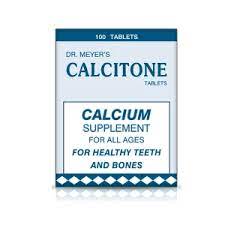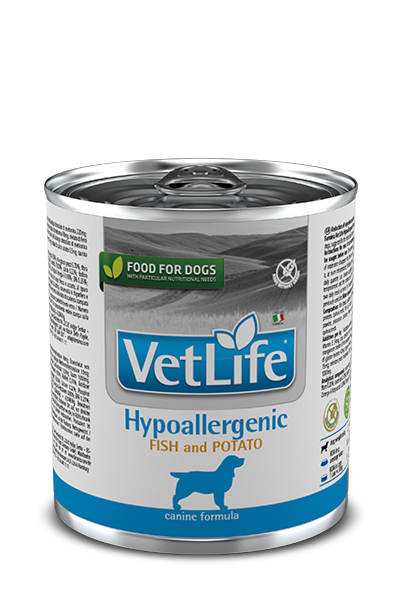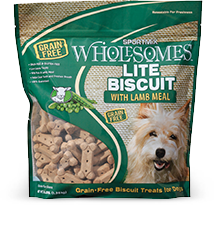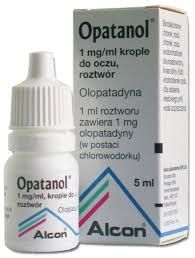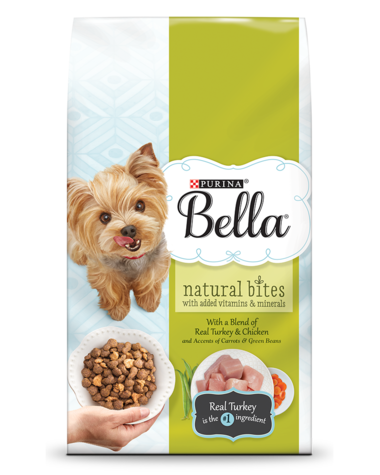Your cart is currently empty!
Calcitone Tablet
Calcitone Tablet is used for Hypophosphatemia, Hypocalcaemia, Oncogenic hypophosphatemic osteomalacia, Renal tubular osteomalacia, Sporadic hypophosphatemic osteomalacia, Uremic osteodystrophy, Vitamin d-dependent rickets and other conditions. Dr Meyers Calcitone Tab Tablet contains Calcium Lactate as an active ingredient. It works by promoting calcium absorption in intestines and retention at kidneys thus increasing calcium levels. Uses It is […]
Description
Calcitone Tablet is used for Hypophosphatemia, Hypocalcaemia, Oncogenic hypophosphatemic osteomalacia, Renal tubular osteomalacia, Sporadic hypophosphatemic osteomalacia, Uremic osteodystrophy, Vitamin d-dependent rickets and other conditions.
Uses
- Hypophosphatemia
- Hypocalcaemia
- Oncogenic hypophosphatemic osteomalacia
- Renal tubular osteomalacia
- Sporadic hypophosphatemic osteomalacia
- Uremic osteodystrophy
- Vitamin d-dependent rickets
- Dr Meyers Calcitone Tab Tablet may also be used for purposes not listed here.
Side-effects
- Gi discomfort
- Dry mouth
- Confusion
- Increased urination
- Coma
- Depression of central nervous system
- Deposition of calcium salts in tissues
- Dr Meyers Calcitone Tab Tablet may also cause side-effects not listed here.
Precautions
- Avoid IV if on cardiac glycoside
- Diarrhea
- Do not take calcium within 1 to 2 hours of eating bran or whole grain cereals or breads
- Do not take other medications containing large amounts of calcium, phosphates, magnesium or vitamin D
- Kidney stones
- Limit consumption of alcohol and caffeine containing beverages
- Limit tobacco use
- Parathyroid disease
- Stomach trouble
- Take with food
Interactions with Calcitone Tablet
- Abacavir
- Alendronate
- Atenolol
- Digoxin
- Dolutegravir
- Iron
- Lamivudine
- Quinolone antibiotics
- Tetracycline
- Zinc
When not to use Calcitone Tablet
- Hypercalcaemia
- Hypercalciruria
- Renal calculi
